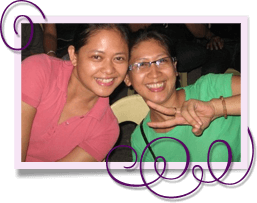How to wean a puppy from biting and chewing objects?
Sooner or later, many dog lovers return home to find some unexpected damage inflicted on their furniture, shoes or other items by their dog or, more specifically, their dog's teeth. Although dogs make great use of their vision and sense of smell to explore the world, one of their favorite ways to take in new information is to put their mouths to work.
Some time after birth, the puppy develops needle teeth, but the muscles of the jaw are poorly developed during this period. One theory is that this allows puppies to play safely with their siblings, so they learn to understand when the bite was strong and when it was weak. You could observe this process, when one puppy bites another, and if the bite is too strong, then the second squeals, and the game stops. This way, puppies learn how hard they can clench their jaw, and this cognition happens even before the puppies have mature teeth and strong jaw muscles. Also, puppies bite a lot when changing milk teeth to permanent ones, because chewing on objects reduces pain.
Avoid strong bites
It is necessary to prohibit the puppy from biting from the moment he was at your home. Nevertheless, bites cannot be completely ruled out; rather, it is important to prohibit strong bites. This will help the puppy understand the limits of what is allowed and learn how hard you need to press your teeth on the skin before it becomes painful for you. This is important because later, when the dog is older, it should not bite hard, resulting in injury.
Stock up on toys
Chewing, biting and biting are natural behaviors for dogs and should not be completely discouraged. It's just that puppies should learn as early as possible that chewing toys is good, but your arms and legs are very bad. As you teach your puppy the first two lessons, make sure he has a lot of different toys that are always there and that you can chew at any time, unlike your hands.
Stay calm and focused!
Raising a puppy requires a lot of patience. He may not be able to do everything you want to teach him with a wave of a magic wand, but in the end, the result will be, so try to remain calm and focused on the process. Swearing or screaming can scare him.
Some recommend giving puppies ice cubes, special dog toys that can be frozen or frozen wet washcloths to chew, which might help numb teething pain. Although puppies do need to chew on things, gentle guidance can teach your puppy to restrict chewing to appropriate objects, like his own toys.
If you understand that there is no result from your training, and the puppy does not stop biting, then it is recommended to contact a professional dog handler to correct the behavior.
